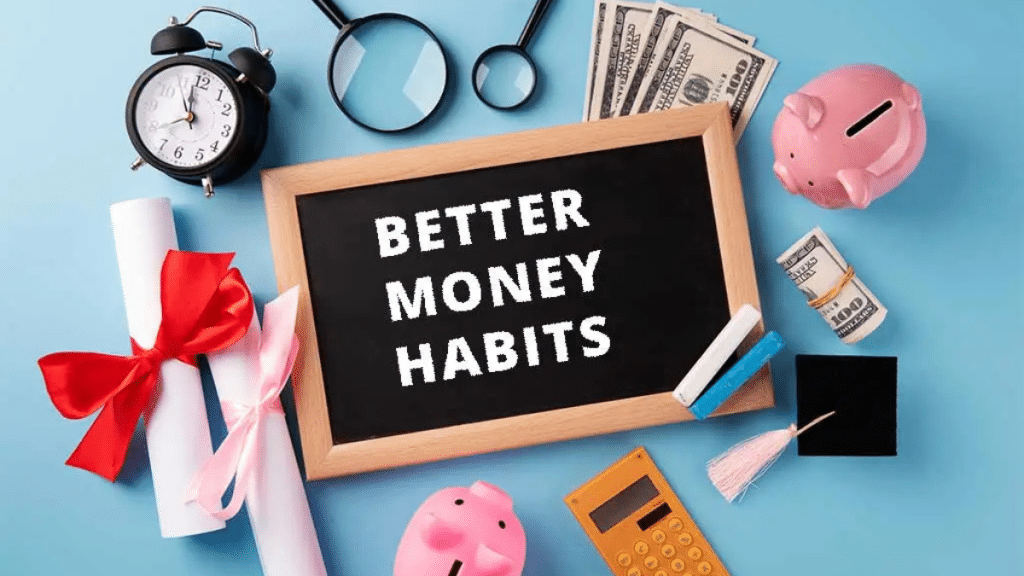Want to take lasting control of your money?
When it comes to financial responsibility, smaller habits turn into long-term strategy and reliability. And while keeping things in order might not come naturally to everyone, learning about money management is always worth it. Here’s how to get started with some simple daily commitments.
1. Start with clear budgeting plans
Budgeting is all about intention and commitment. You need to be serious about your goals if you’d like to achieve them, especially when it comes to saving for the future. At the start of 2025, it’s estimated that at least one in five resolution-makers wanted to save more and spend less.
With so many of us looking to simplify money management, budgeting simply makes sense. Budgets should be both clear and attainable, so it’s worth taking the time to plan yours carefully. Compare your earnings and regular outgoings to think of a realistic goal.
2. Track your spending in real time
With online shopping making it easier than ever before to complete a transaction in just a few seconds, it’s so important to keep an eye on your own spending. Monitoring our buying habits helps us to keep a transparent and honest approach to money management.
Fortunately, there are various applications that can facilitate tracking and identifying areas for improvement. Check out some of the best budgeting apps online and aim to save little and often amid rising costs.
3. Automate savings and bills
Streamlining some of life’s most unavoidable expenses can help you to feel more controlled overall with your finances. For example, automating bank transfers and direct debits can prevent missed payments.
Building cash reserves is so much easier when you have the right technology to help you out. For example, there are several online banking apps now offering automatic round-ups, transferring small change into savings accounts with each transaction. It’s these little habits that add up.
4. Use credit wisely
Using credit and borrowing money can be hugely beneficial, especially when it comes to building your credit score. Healthy habits, including paying in full each month and choosing interest-free options, can help you to keep a strong credit report and foster financial security.
And while credit cards make a brilliant budgeting tool, they should be used with purpose and care. Make sure that you’re only buying things you can genuinely afford to pay back on time. Wherever possible, make the most of loyalty schemes and rewards too!
5. Review, reflect and adjust
Finally, it’s important to check in throughout the month.
Use a spreadsheet or diary to assess your progress against your financial budgets, adjusting the numbers and commitments where appropriate. Staying agile during economic uncertainty will help you to use credit to your advantage and protect your savings. It’s time to build a robust financial future for yourself.
